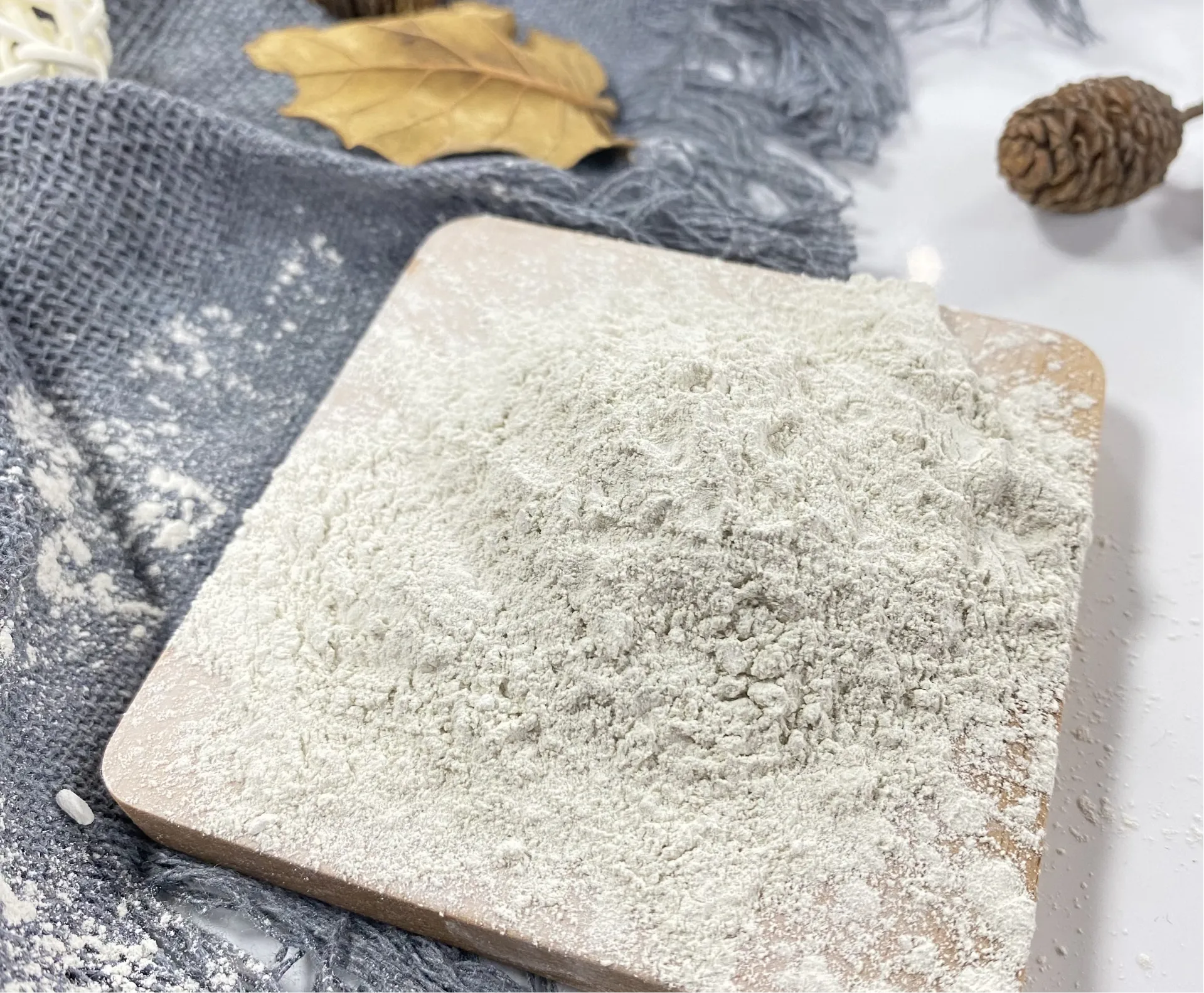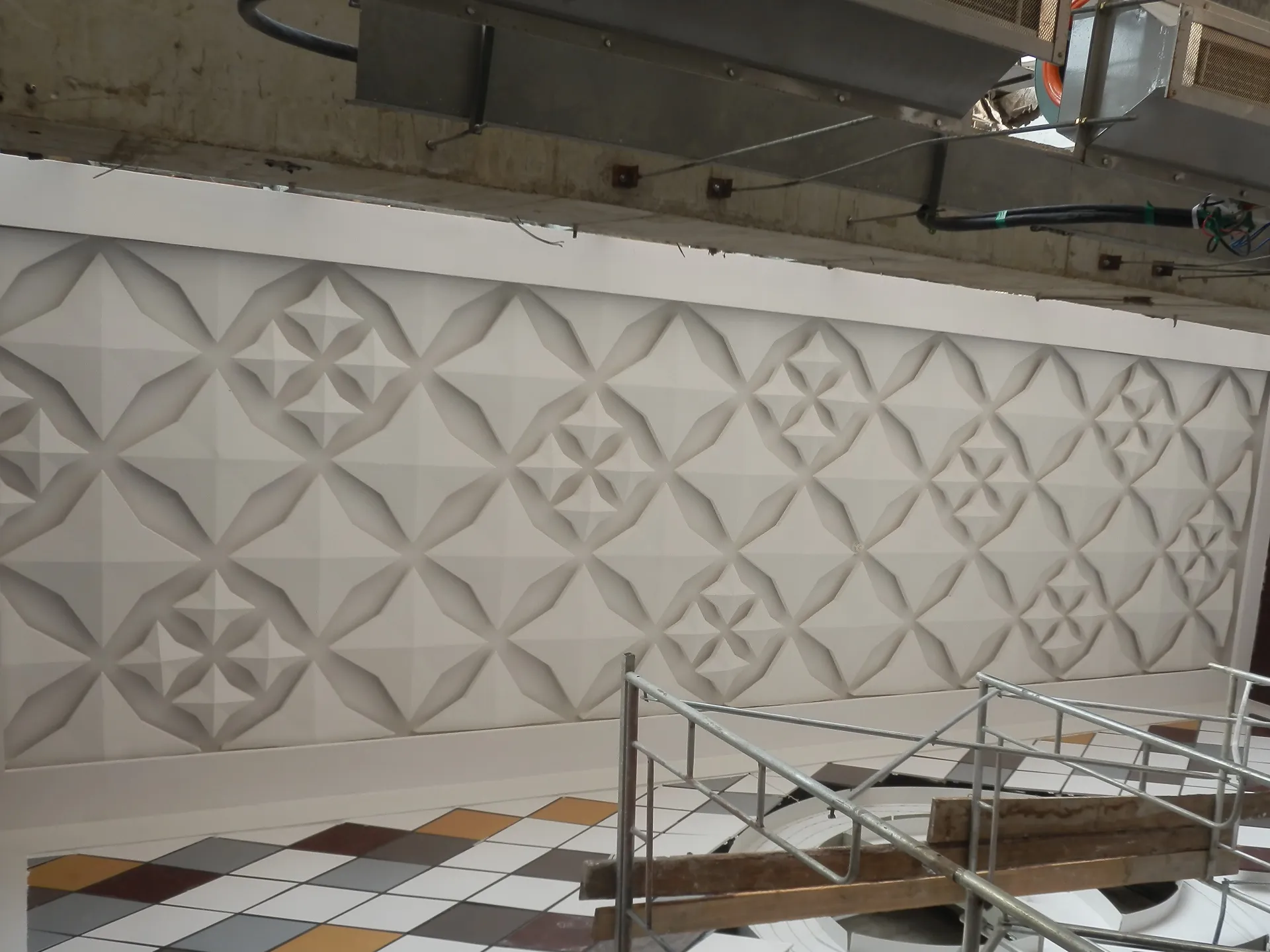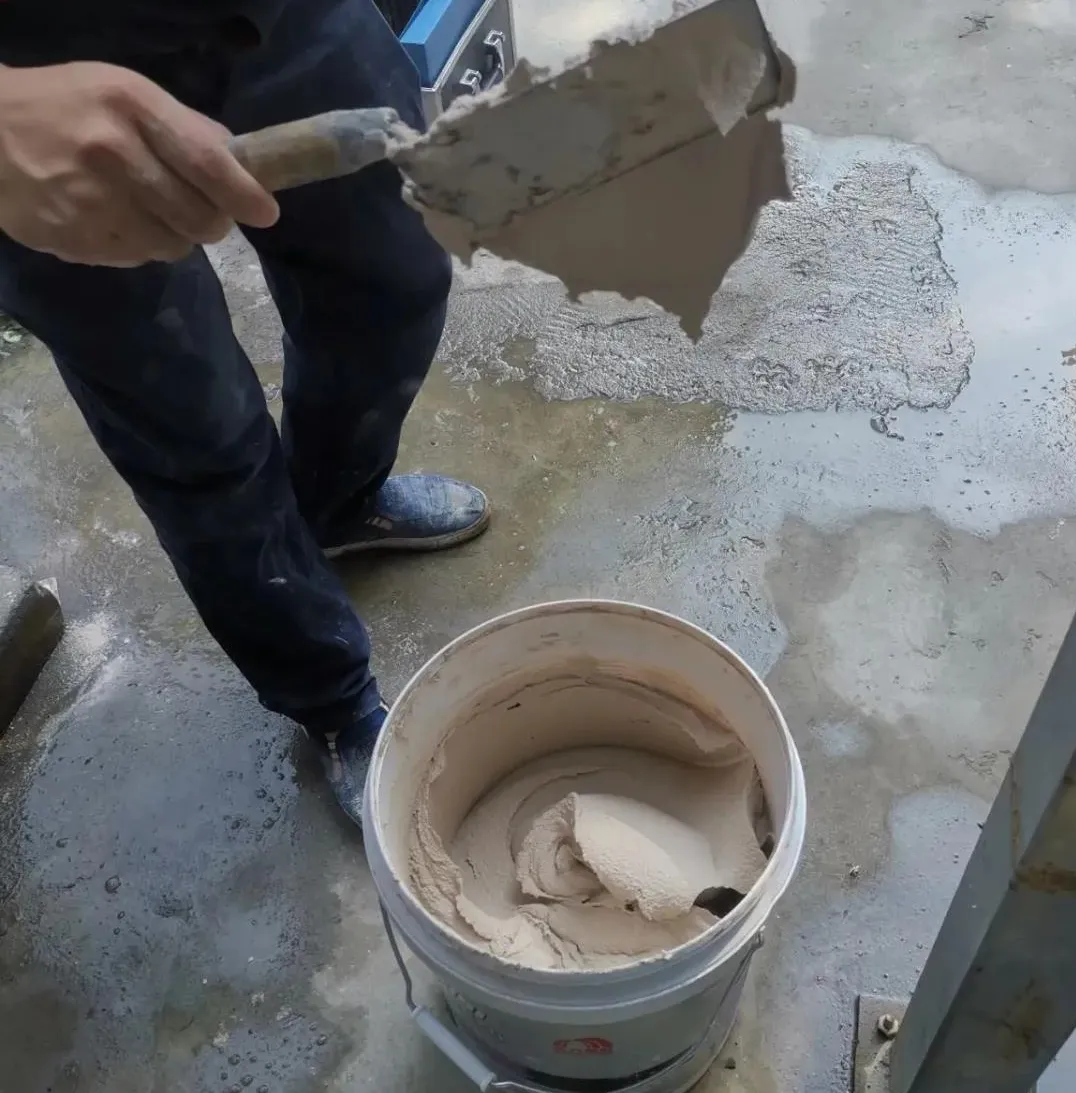
The Role Of Gypsum Retarders In Prefabricated Building Materials
In the construction industry, particularly in the manufacturing of prefabricated building materials, additives such as gypsum retarder chemical play a crucial role. These chemicals help control the setting time of gypsum products, ensuring consistency and improving durability. In this article, we will explore how gypsum retarders, along with other gypsum additives, enhance the production process and quality of prefabricated building materials.

Importance of Gypsum Retarder Chemicals in Prefabrication
The inclusion of gypsum retarder chemical is essential in prefabricated building materials to slow down the setting process of gypsum-based products. This delay allows manufacturers more time to mold and shape the materials, which is particularly beneficial for complex designs in prefabrication. By controlling the hardening process, the retarder in gypsum also prevents early drying or cracking, ensuring the final product is strong and durable.
The right combination of gypsum additives is vital for maintaining a balance between workability and strength. Retarders help extend the workable time, which is especially useful in large-scale production, where a consistent pace is needed to meet project deadlines without sacrificing quality.

Enhancing Product Durability with Gypsum Additives
Beyond retarders, gypsum additives like stabilizers and hardeners also play a significant role in improving the durability of prefabricated materials. While the gypsum retarder chemical ensures that the product doesn't set too quickly, other additives work to enhance the strength and resilience of the material over time.
These additives help the prefabricated building materials withstand environmental factors such as humidity, temperature fluctuations, and wear and tear. By carefully selecting the appropriate combination of gypsum additives, manufacturers can create materials that meet the specific needs of modern construction, where both speed and durability are key concerns.
The Role of Gypsum Accelerators in Fast-Track Construction Projects
ਜਦੋਂ ਕਿ gypsum retarders slow the setting process, gypsum accelerator chemicals do the opposite—they speed up the hardening process. In fast-track construction projects, where time is of the essence, using a gypsum accelerator can drastically reduce the time required for materials to set, allowing construction to proceed without delays.For instance, in situations where prefabricated materials need to be produced and installed rapidly, gypsum plaster accelerator can be added to speed up the drying process. This is particularly useful in projects that require a quick turnaround, ensuring that building components are ready for transportation and installation sooner than they would be without accelerators.
Combining Retarder and Accelerator in Gypsum for Maximum Flexibility
Interestingly, manufacturers often use a combination of retarder in gypsum ਅਤੇ gypsum accelerator to achieve a balance between flexibility and efficiency. This combination allows for greater control over the setting time, depending on the specific needs of the project.
By adjusting the ratio of gypsum retarder chemical to gypsum accelerator, manufacturers can tailor the setting time to align with production schedules and construction timelines. For instance, if a project requires extended working time during molding but a quick turnaround during the final curing stages, both retarders and accelerators can be used together to meet these needs.

The Future of Prefabricated Materials with Advanced Gypsum Additives
As the construction industry evolves, so does the technology behind prefabricated building materials. The use of advanced gypsum additives, including both retarders and accelerators, has enabled manufacturers to produce high-quality materials at a faster pace while maintaining structural integrity.
Looking forward, innovations in gypsum retarder chemicalformulations will likely continue to enhance the performance of prefabricated materials, making them even more adaptable to various environmental conditions and project requirements. As sustainable building practices become more prevalent, these additives will also play a role in reducing waste and improving the overall efficiency of the construction process.
The role of gypsum retarder chemical and other gypsum additives in prefabricated building materials cannot be overstated. They provide manufacturers with the ability to control the setting process, ensuring both flexibility during production and durability in the final product. Whether through the use of gypsum accelerator for quick-setting needs or a combination of retarders and accelerators for maximum flexibility, these chemicals are integral to modern construction practices. As the demand for prefabricated materials grows, the importance of these additives will only increase, driving innovation and efficiency in the industry.
-
Hydroxypropyl Starch as a Sustainable Construction AdditiveNewsNov.24,2025
-
The Gelation Properties of CMCNewsNov.21,2025
-
Redispersible Latex Powder and Water Retention CapacityNewsNov.21,2025
-
Dosage Control for Polycarboxylate Water ReducerNewsNov.21,2025
-
Film-Forming Properties of Polyvinyl AlcoholNewsNov.21,2025
-
The Function of Gypsum Additives in MortarNewsNov.21,2025





















